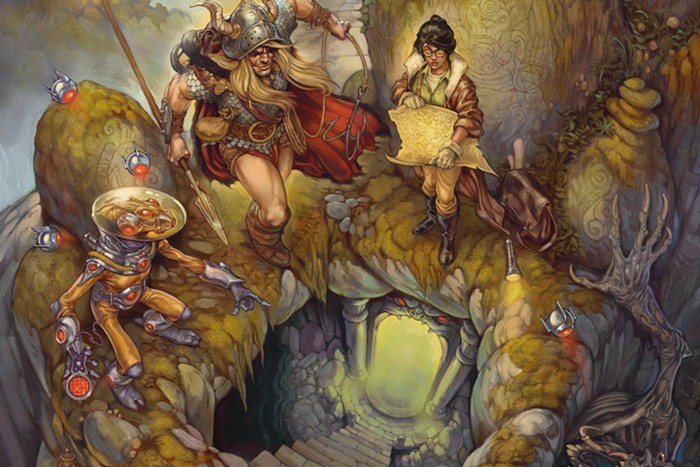In my review of Edan Lepucki's California, I stepped back from the book and announced my exhaustion with dystopian novels:
But still, in the same way that readers of the 1990s eventually grew weary of icy suburbs populated with dark comedy and sly sociopaths, a reader in this decade sometimes wants a vacation from the postapocalyptic landscape. Even California-style literary death-worlds, with their gorgeous depictions of desolation, are starting to grate with their mysterious befores, their boundless suspicion, and their endless capitalizations of simple nouns for emphasis (the Spikes guard the Land, while others live in Communities, and the Group figures into the Plot of the Book, too). Must we end all the time? Can't we write the world whole again?
Over at The Vulture, Adam Sternbergh asks why utopian novels aren't a thing anymore. He provides some historical context:
In college, as part of a history class, I read Edward Bellamy’s Looking Backwards, a Utopian science-fiction novel published in 1888. The book — an enormous success in its time, nearly as big as Uncle Tom’s Cabin — is interesting now less as literature than as a historical document, and it’s certainly telling that, in the midst of the industrial revolution, a novel promising a future socialist landscape of increased equality and reduced labor so gripped the popular imagination. We might compare Bellamy’s book to current visions of Utopia if I could recall even a single Utopian novel or film from the past five years. Or ten years. Or 20. Wikipedia lists dozens of contemporary dystopian films and novels, yet the most recent entry in its rather sparse “List of Utopian Novels” is Island by Aldous Huxley, published in 1962. The closest thing to a recent Utopian film I can think of is Spike Jonze’s Her, though that vision of the future — one in which human attachment to sentient computers might become something close to meaningful — hardly seems like a fate we should collectively strive for, but rather one we might all be resigned to placidly accept.

Local author Neal Stephenson thinks that this dystopian obsession is actively hurting the world. He says optimistic science fiction provided a lot of the inspiration for the scientific marvels of the mid-20th century, and that science doesn't have anything to aspire to, now that authors are almost exclusively writing about doom and gloom. Stephenson actually has done something about it: He's inspired an upcoming sci-fi anthology of utopian and optimistic science fiction titled Hieroglyph: Stories and Visions for a Better Future. Stephenson will be appearing with Cory Doctorow at Town Hall on October 26th to talk about Hieroglyph. I know I'll be there for that reading; I strongly believe that fiction is where reality test-drives tomorrow, and it seems as though many authors have abdicated themselves of their responsibility to the future. Maybe it's time to imagine something better.


















